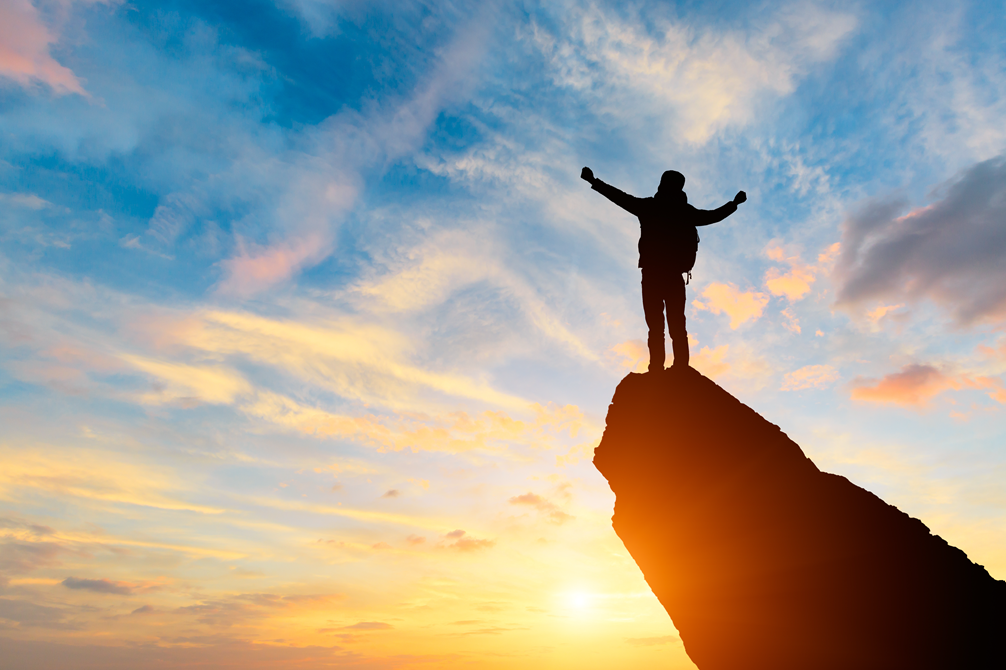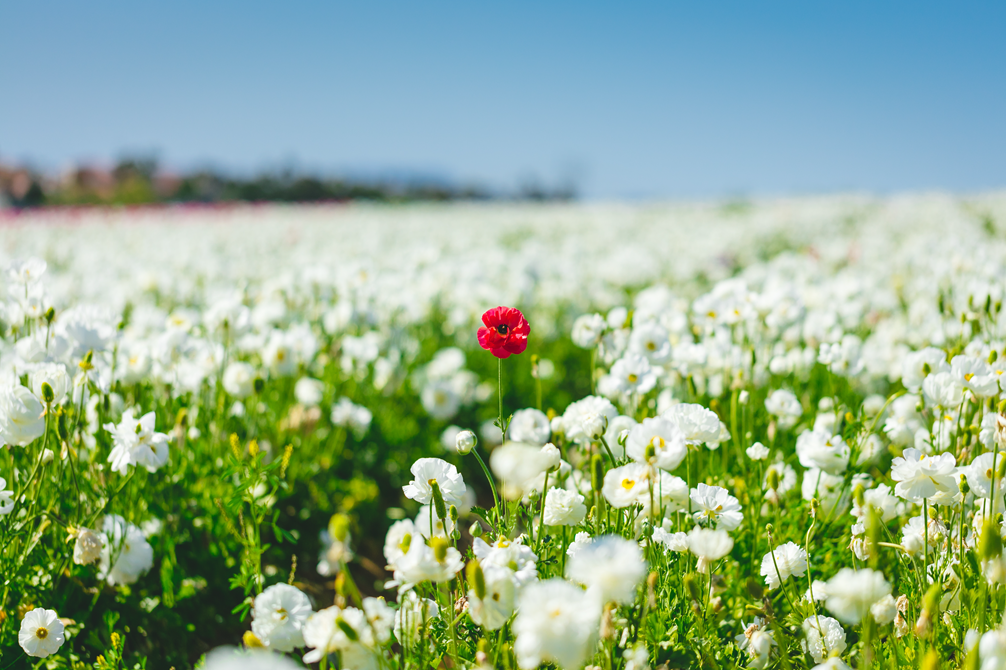Finding Your Untapped Energy Reserves in the Darkest Hour
It’s 3am of a night shift.
It’s December 21st of a dark & cold year.
It’s mile 20 of a marathon.
Have we reached the darkest hour of the pandemic, where our depletion becomes despair as we see no end in sight? I believe so.
It feels like the candle’s flame is dangerously low right now for our employees, teams and leaders.
Long distance runners know it’s a mental game. Of course you need the physical endurance that comes from training, but making it through the darkest hour is all about mental endurance. It is about keeping your perspective.
When we are completely immersed in a negative or challenging situation, our perspective narrows. Feelings of depletion, despair, and hopelessness that come with enduring ongoing emotional strain narrows our field of vision. The negative emotions overwhelm us. After a month of cloudy days, it is hard to imagine the feeling of sunshine warming our face.
Reframing strategies can help you find energy reserves that you didn’t know you had. Here are three reframing strategies that will help expand your perspective.
Reflecting on our past: We are a good two years into the pandemic. We have found ways to overcome all sorts of obstacles that we once thought were impossible. Identify and describe what you were able to achieve that you never thought was possible. How have you demonstrated resilience in face of the obstacles?
Reflecting on our present: The feelings of depletion and despair make it difficult to remember our strengths and how they can get us through. If you showed up with the very best version of yourself today, what would it look like?
If you need help answering this question, connect with family and friends who know you well. Spend time sharing the strengths you see in each other. Not only will it help readjust your perspective, but it will bring you closer to those who are important in your life.
Envisioning the future: There will be a time when the pandemic is over. We will be able to socialize with friends and family once again. There will be a time when we don’t need to worry so much about the health of our loved ones. Imagine when we reach this point. How do you want to remember how you were able to get through? What can you tell your grandchildren (or great grandchildren) on how we lived through these challenging times?






Leave A Comment